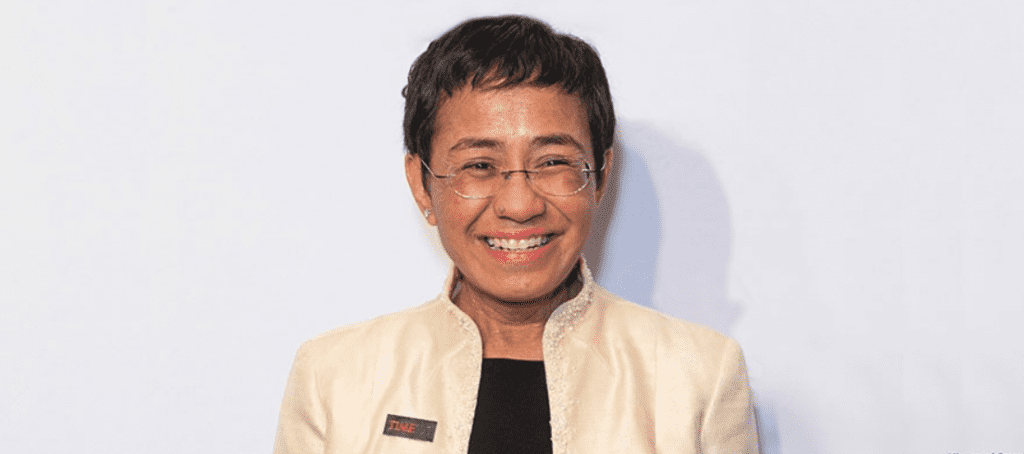
Investigative journalist and media executive Maria Ressa from Philippines has been named as the 2021 laureate of the UNESCO/Guillermo Cano World Press Freedom Prize, following the recommendation of an international jury of media professionals.
The Award Ceremony took place on 2 May in Windhoek, Namibia, on the occasion of the World Press Freedom Day Global Conference, and be streamed online.
Over a career spanning more than thirty years, Ressa has worked as CNN’s lead investigative reporter for Asia and the head of ABS-CBN News and Current Affairs. She has also been involved in many international initiatives to promote press freedom.
In recent years, she has been the target of online attacks and judicial processes relating to her investigative reporting and status as manager of online outlet Rappler. She has been arrested for alleged crimes related to the exercise of her profession and has been subject to a sustained campaign of gendered online abuse, threats, and harassment, which at one point, resulted in her receiving an average of over 90 hateful messages an hour on Facebook.
Maria was named Time Magazine’s 2018 Person of the Year, was among its 100 Most Influential People of 2019, and has also been named one of Time’s Most Influential Women of the Century. She was also part of BBC’s 100 most inspiring and influential women of 2019 and Prospect magazine’s world’s top 50 thinkers, and has won many awards for her contributions to journalism and human rights.
The $25,000 Prize recognizes outstanding contributions to the defence or promotion of press freedom especially in the face of danger. It is named after Guillermo Cano Isaza, the Colombian journalist who was assassinated in front of the offices of his newspaper El Espectador in Bogotá, Colombia, on 17 December 1986. It is funded by the Guillermo Cano Isaza Foundation (Colombia), the Helsingin Sanomat Foundation (Finland) and the Namibia Media Trust.



